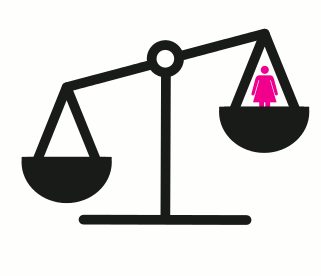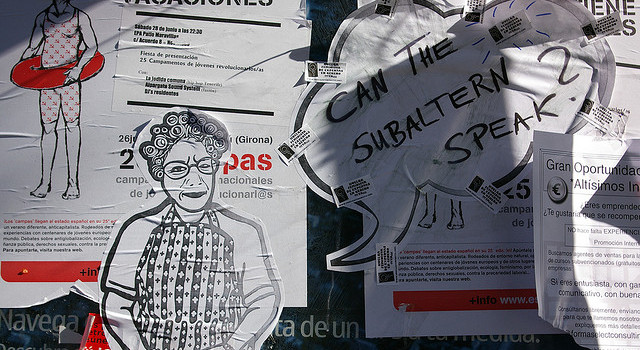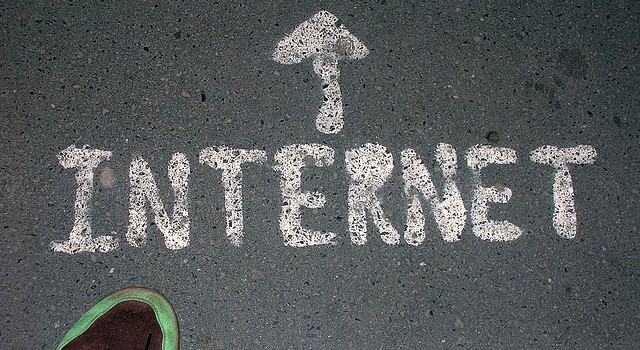Internet Governance Forum 2014: Results from the Gender Report Card Summary of findings The ninth Internet Governance Forum (IGF), held in Istanbul, Turkey on 2-5 September 2014, framed discussions under the overall theme “Connecting Continents for Enhanced Multistakeholder Internet Governance”.
From impunity to justice: Exploring corporate and legal remedies for technology-related violence against women

Source GenderIT.org A new series of reports by the Association for Progressive Communications presents findings from a multi-country research project on technology-related violence against women (VAW). The research – which reveals a lack of access to justice for survivors –
Doubling Digital Opportunities – enhancing the inclusion of women & girls in the Information Society

This report was published by UNESCO’s broadband comission for digital development, and its working group on broadband and gender chaired by Helen Clark and Phumzile Mlambo-Ngcuka in 2013. You can dowload the report here. This Report studies the role that
Engendering Internet Governance Research: The Example of Censorship (2008)

In this contribution to the Third Annual Symposium of the Global Internet Governance Academic Network (GigaNet) in Hyderabad, Heike Jensen on behalf of the OpenNet Initiative Asia gender team presents the research into Internet censorship and surveillance in Asia that
How technology issues impact women’s rights: 10 points on Section J

Twenty years ago, the Beijing Declaration and Platform for Action, a roadmap for gender equality, was adopted by 189 countries. Section J of the Beijing Platform addresses women and the media, which fits into the work of APC Women’s Rights
GISWatch 2013: Setting the agenda on women’s rights, gender and ICTs

In the 2013 Global Information Society Watch’s institutional overview entitled Whose internet is it anyway? Shaping the internet – feminist voices in governance decision making, Heike Jensen calls the attention to the hegemonic framing of issues and agendas in the
GEM – Gender Evaluation Methodology for Internet and ICTs

GEM is an evaluation methodology that helps you integrate a gender analysis into the planning and/or evaluations of any social change initiative. GEM will help you determine whether your development project or programme is really improving the lives of the
ICT policy, advocacy and the digital divide

The ICT Policy for Civil Society training materials build the capacity of civil society organisations to understand policy and regulation related to information and communication technologies (ICT) so that they can begin to engage and influence policy processes affecting ICT
Freedom of Information (FOI) & Women’s Rights in Africa

Source: UNESCO This publication is one of the outputs of the Freedom of Information and Women’s Rights in Africa Project, a regional programme launched by FEMNET in partnership with UNESCO. “The advancement of African women has been affected by lack
Review of the implementation of the Beijing Declaration and Platform for Action – Report of the Secretary-General

The UN Secretary-General’s report (E/CN.6/2010/2) in preparation for the 54th Commission on the Status of Women who undertook the 15 year review of the implementation of the Beijing Platform for Action (BpfA), including the section J – Women and Media.